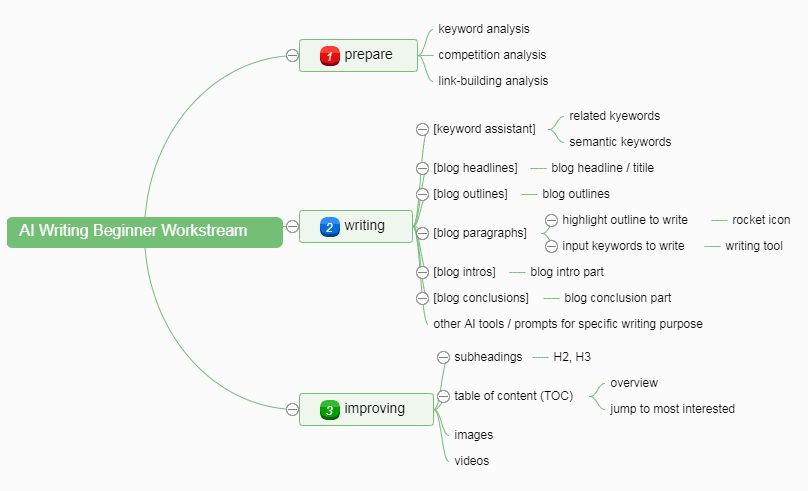

Cite relevant studies, statistics, or real-world scenarios that illustrate the problem or gap you're addressing.Have you ever written an essay only to find that summarizing everything you’ve said into a conclusion is the hardest part? All students have been there at some point. Support with Evidence: Provide evidence or examples that demonstrate the need for your research. Connect your research to larger issues or debates in the field. Discuss how it aligns with current trends, societal needs, or academic discussions. Is it relevant to a specific field, industry, or community?Įstablish Relevance: Justify the relevance of your research by explaining how it fits into the broader context.Does it have real-world implications or applications?.How does your research advance existing knowledge?.Discuss the potential impact of your findings, both in terms of theoretical contributions and practical applications. Highlight Significance: Explain why your research matters.

Make it concise and specific, so the reader understands the focus of your research. Point out the current state of understanding, highlighting any gaps, unanswered questions, or areas where further investigation is needed.ĭefine the Problem: Clearly state the research problem or question that your study intends to address. Identify the Gap: Start by explaining the existing knowledge or literature related to your research topic. Be well-versed in the subject matter and identify the specific research question or problem you aim to address. Understand Your Research Topic: Before you can write a rationale, you need a clear understanding of your research topic.
Auto conclusion writer how to#
Here's a step-by-step guide on how to write the rationale for your research: The rationale provides the justification for why your research is important and why it should be conducted. Writing the rationale for research is a crucial step in the research proposal or thesis. Explain how you plan to ensure that your research is conducted in an ethical and responsible manner.īy following these steps and considering the perspective of your audience, you can write a strong and compelling rationale for your research project.

Consider the potential practical and theoretical implications of your findings.Ĭonsider ethical considerations: If your research involves human or animal subjects, be sure to discuss the ethical considerations involved in your study. Be sure to explain why these methods are appropriate for addressing your research questions/hypotheses.ĭiscuss the potential impact of your research: Explain why your research is important and how it has the potential to contribute to the field. These should be informed by your review of the literature and your understanding of the problem you are addressing.Įxplain your research approach: Outline the methods you plan to use to conduct your research, including data collection methods, sampling strategies, and data analysis techniques. This will help you identify what research has already been done, what gaps still exist, and how your research can build upon previous work.ĭefine your research questions/hypotheses: Clearly state the research questions or hypotheses that your study aims to answer. Review the literature: Conduct a thorough review of the existing literature on the topic. Explain why this problem is important and why it needs to be addressed. Identify the problem or gap in knowledge: Start by clearly identifying the issue or gap in knowledge that your research aims to address. Here are some steps to follow when crafting a strong rationale: Writing a clear and compelling rationale is essential to any research project.


 0 kommentar(er)
0 kommentar(er)
